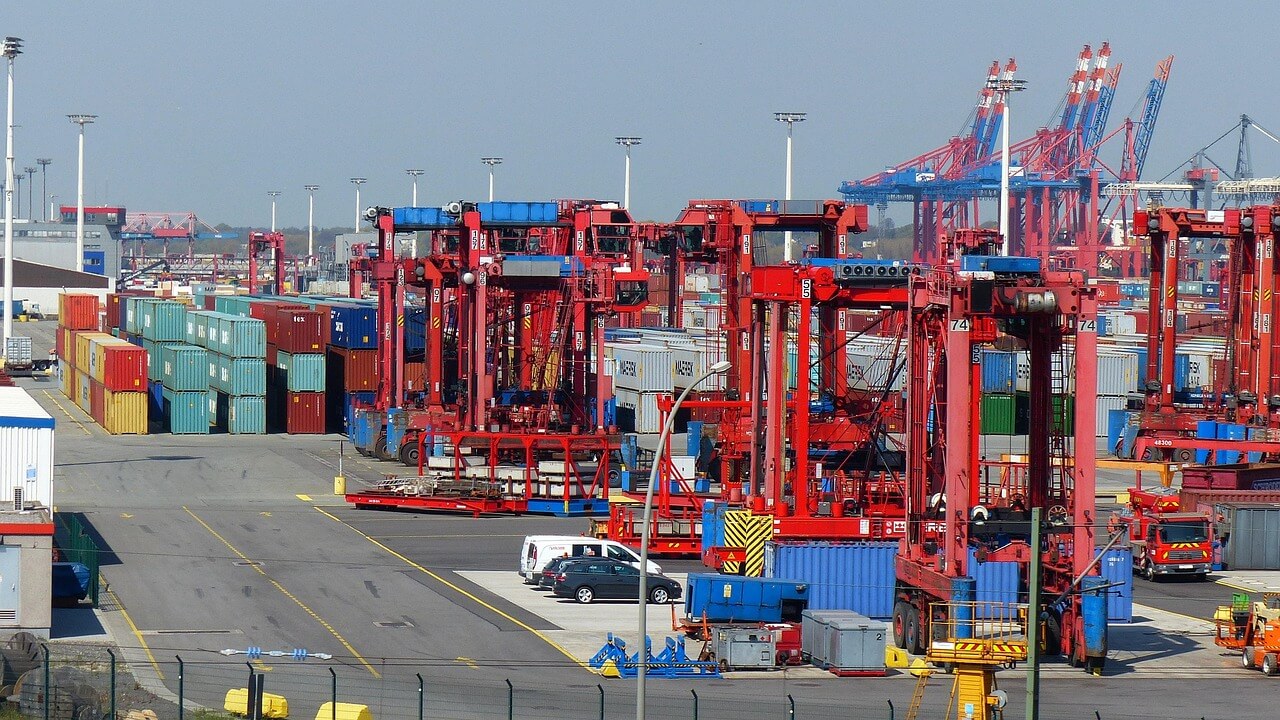
27
Apr
Find a freight forwarder for exporting to Kenya, and refer to the standard for express shipping fees
Exporting to Kenya and Freight Forwarder Services: A Guide to Expedited Shipping Costs
Introduction
Exporting to Kenya offers businesses an excellent opportunity to expand their market presence and increase revenue. However, managing the shipping process can be complex and challenging, especially when it comes to arranging freight forwarding services. In this article, we will provide an overview of exporting to Kenya, the role of freight forwarders, and the reference standards for express shipping costs.
Export to Kenya
Kenya is a key destination for businesses looking to expand their export operations. The country offers a diverse range of opportunities across various industries, including agriculture, manufacturing, and services. Exporting to Kenya can help businesses tap into a growing market, expand their customer base, and increase their overall revenue.
Role of Freight Forwarders
Freight forwarders play a crucial role in the export process, especially when it comes to shipping goods to Kenya. They handle the logistics and transportation of goods from the point of origin to the final destination, ensuring smooth and efficient delivery. Freight forwarders also provide a range of services, including customs clearance, documentation, and warehousing.
Express Shipping Costs
The cost of express shipping to Kenya depends on several factors, including the type of cargo, distance, and the chosen shipping method. Here are some reference standards to consider when estimating express shipping costs:
1. Cargo Type: The type of cargo being shipped (e.g., weight, volume, and value) will impact the cost of shipping. Heavier and bulkier items will have higher shipping costs compared to lighter and smaller items.
2. Distance: The distance between the point of origin and Kenya will also affect shipping costs. Long-distance shipments will have higher costs compared to shorter ones.
3. Shipping Method: There are several shipping methods available, including air freight, sea freight, and land transport. Air freight is generally faster but more expensive, while sea freight is slower but more economical for larger shipments. Land transport is an alternative for nearby countries.
4. Other Factors: Other factors that can impact shipping costs include fuel prices, currency fluctuations, and customs duties. It is important to consider these factors when estimating shipping costs.
Tips for Managing Shipping Costs
1. Compare Rates: It is important to compare rates from different freight forwarders and shipping companies to ensure you are getting the best deal.
2. Plan Ahead: Planning ahead allows for better budgeting and helps avoid any last-minute expenses that can increase shipping costs.
3. Optimize Packaging: Proper packaging can help reduce damage during transit and ensure goods arrive safely, reducing the need for expensive repairs or replacements.
4. Use Technology: Using technology like online shipping platforms can help you manage your shipping process more efficiently and reduce costs by providing real-time tracking and updates.
Conclusion
Exporting to Kenya can be a rewarding experience for businesses looking to expand their market presence. However, managing the shipping process can be complex and challenging. By understanding the role of freight forwarders and the reference standards for express shipping costs, businesses can make informed decisions about their export operations and manage their shipping costs effectively.
Introduction
Exporting to Kenya offers businesses an excellent opportunity to expand their market presence and increase revenue. However, managing the shipping process can be complex and challenging, especially when it comes to arranging freight forwarding services. In this article, we will provide an overview of exporting to Kenya, the role of freight forwarders, and the reference standards for express shipping costs.
Export to Kenya
Kenya is a key destination for businesses looking to expand their export operations. The country offers a diverse range of opportunities across various industries, including agriculture, manufacturing, and services. Exporting to Kenya can help businesses tap into a growing market, expand their customer base, and increase their overall revenue.
Role of Freight Forwarders
Freight forwarders play a crucial role in the export process, especially when it comes to shipping goods to Kenya. They handle the logistics and transportation of goods from the point of origin to the final destination, ensuring smooth and efficient delivery. Freight forwarders also provide a range of services, including customs clearance, documentation, and warehousing.
Express Shipping Costs
The cost of express shipping to Kenya depends on several factors, including the type of cargo, distance, and the chosen shipping method. Here are some reference standards to consider when estimating express shipping costs:
1. Cargo Type: The type of cargo being shipped (e.g., weight, volume, and value) will impact the cost of shipping. Heavier and bulkier items will have higher shipping costs compared to lighter and smaller items.
2. Distance: The distance between the point of origin and Kenya will also affect shipping costs. Long-distance shipments will have higher costs compared to shorter ones.
3. Shipping Method: There are several shipping methods available, including air freight, sea freight, and land transport. Air freight is generally faster but more expensive, while sea freight is slower but more economical for larger shipments. Land transport is an alternative for nearby countries.
4. Other Factors: Other factors that can impact shipping costs include fuel prices, currency fluctuations, and customs duties. It is important to consider these factors when estimating shipping costs.
Tips for Managing Shipping Costs
1. Compare Rates: It is important to compare rates from different freight forwarders and shipping companies to ensure you are getting the best deal.
2. Plan Ahead: Planning ahead allows for better budgeting and helps avoid any last-minute expenses that can increase shipping costs.
3. Optimize Packaging: Proper packaging can help reduce damage during transit and ensure goods arrive safely, reducing the need for expensive repairs or replacements.
4. Use Technology: Using technology like online shipping platforms can help you manage your shipping process more efficiently and reduce costs by providing real-time tracking and updates.
Conclusion
Exporting to Kenya can be a rewarding experience for businesses looking to expand their market presence. However, managing the shipping process can be complex and challenging. By understanding the role of freight forwarders and the reference standards for express shipping costs, businesses can make informed decisions about their export operations and manage their shipping costs effectively.
LEAVE YOUR COMMENT
categories
recentpost
-
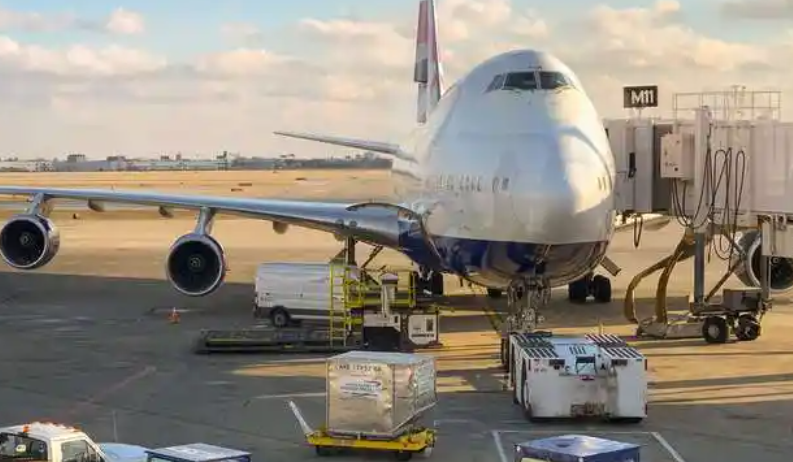 Key Differences in Document Handling & Handover for Consolidated Air FreightJul 16,2025
Key Differences in Document Handling & Handover for Consolidated Air FreightJul 16,2025 -
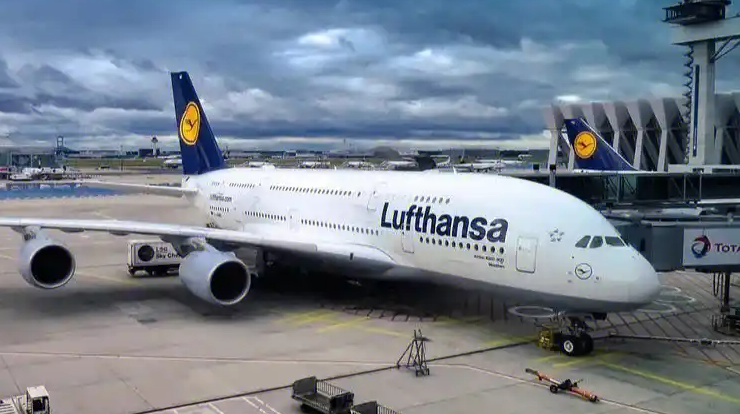 Unveils the Comprehensive Glossary of Air Freight Terms: Decode AWB, ULD, TACT & MoreJul 15,2025
Unveils the Comprehensive Glossary of Air Freight Terms: Decode AWB, ULD, TACT & MoreJul 15,2025 -
 USA DDP By Air vs. International Express: A Comparative Analysis of 3 Core DifferencesJul 15,2025
USA DDP By Air vs. International Express: A Comparative Analysis of 3 Core DifferencesJul 15,2025 -
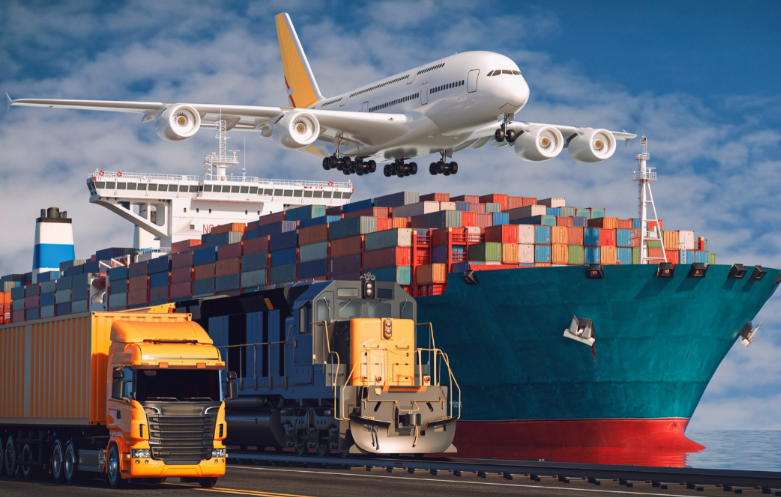 What are the shipping options from China to USA?Jun 24,2025
What are the shipping options from China to USA?Jun 24,2025 -
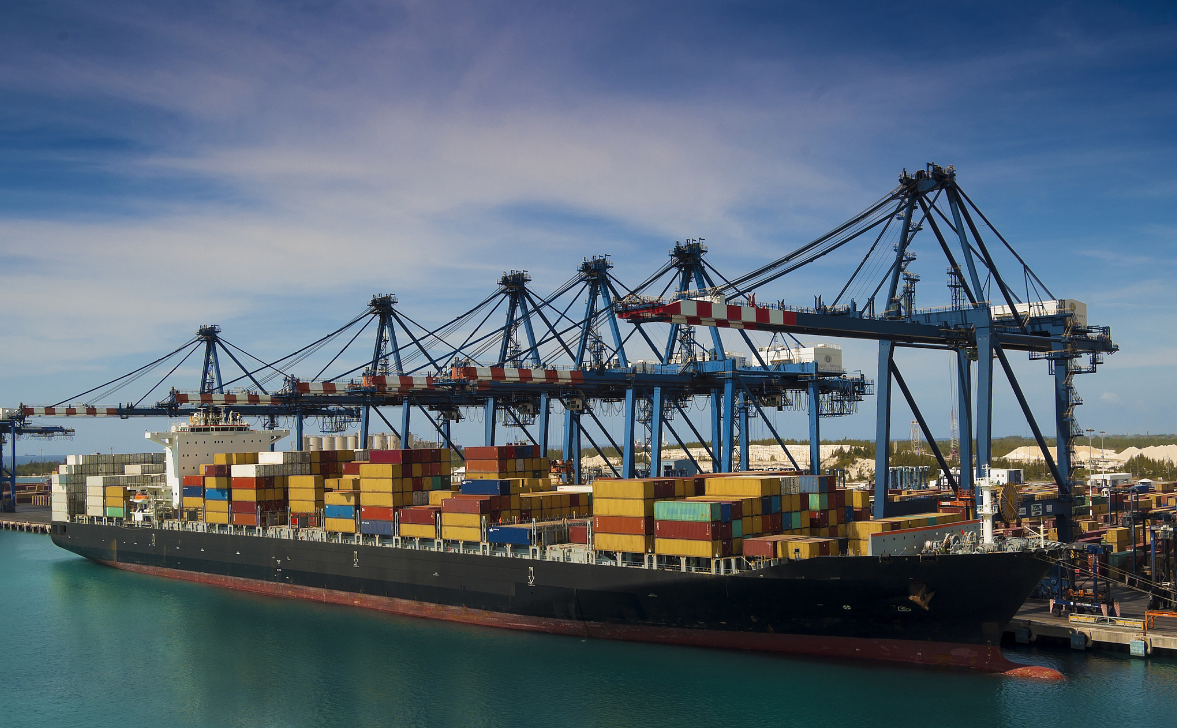 Shipping Costs from China to IsraelJun 23,2025
Shipping Costs from China to IsraelJun 23,2025 -
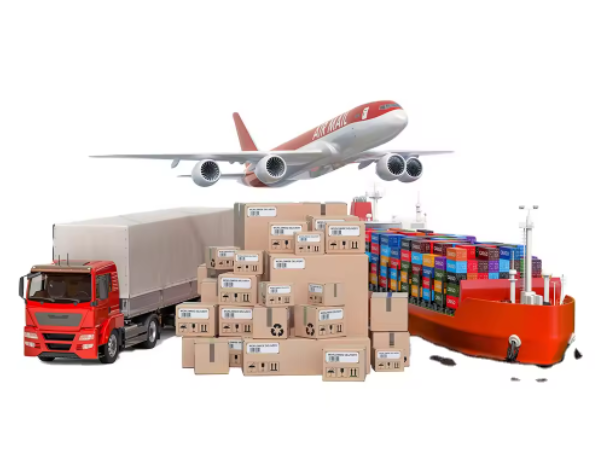 Door to door or DDP shipping from China to Mombasa, KenyaJun 20,2025
Door to door or DDP shipping from China to Mombasa, KenyaJun 20,2025
Online Service

